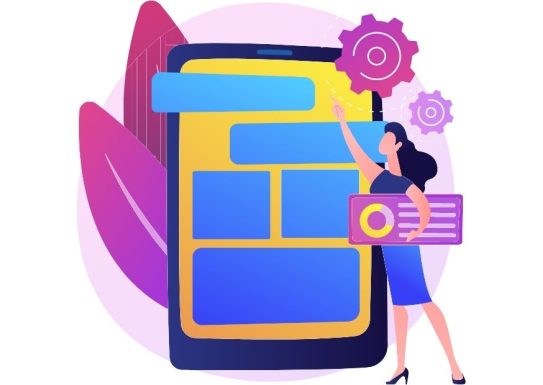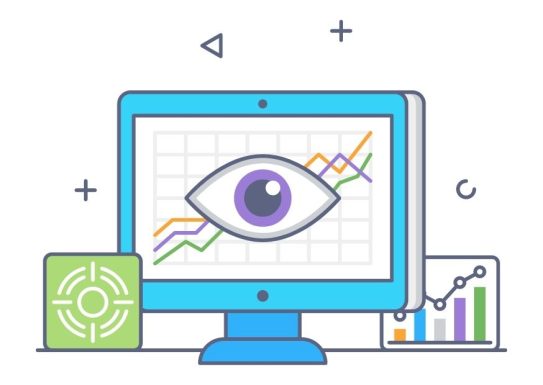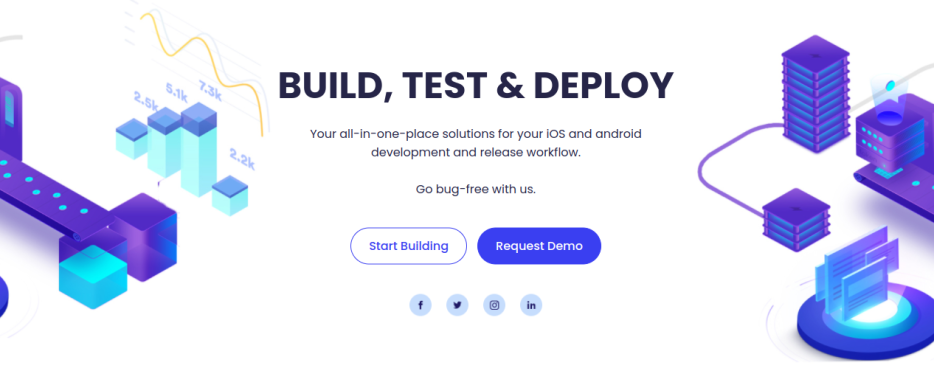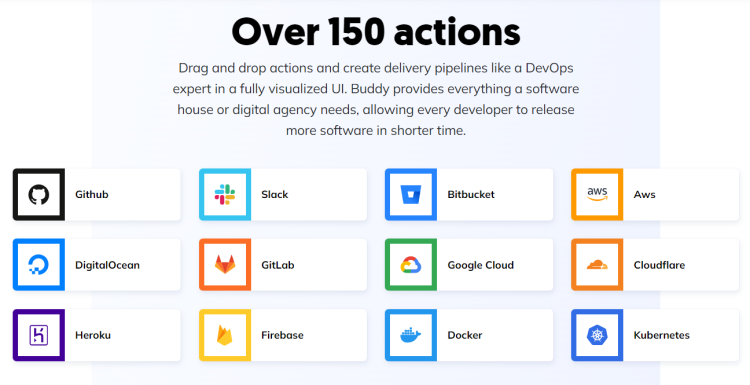When we talk about technology, the present becomes the past very quickly. Practices that have been established over the years can and, in some cases, should be replaced by practices that meet the demands of a market that is constantly changing.
That’s why today, we will not only discuss mobile DevOps – which has already started becoming the “new normal’ but also look at some actual mobile DevOps platforms that can skyrocket your application development!
What is DevOps, and why do we need Mobile DevOps?
The word DevOps is an acronym for the word’s development and operations. It is an organizational culture of software development that involves tools, work processes, and practices that aim to integrate the activities of software developers and IT operators.

Historically, these two areas have always functioned independently in all development environments, including mobile application development. Why did this become an issue? The unclear division of responsibility for the services provided, the delay in delivering improvements to the applications, the bureaucracy involved in communicating and solving problems, and different strategies for each sector proved ineffective for the increasingly demanding demands of the technology.
It is common for team members in each department to believe that the responsibilities lie with members of the other team. With the implementation of the mobile DevOps culture, these problems are minimized, as there is a clear division of activities and the protocols that must be executed.
DevOps, therefore, is much more comprehensive than simply deploying more sophisticated technologies. We are talking about a cultural shift in how development professionals and IT operators work.
So far, we have already seen what this work philosophy proposes to do. But, in practice, what benefits can the integration of these two sectors bring to the delivery and provision of services in a mobile application development environment.
CI – Continuous Integration
In software engineering, continuous integration is a practice in which developers synthesize code changes in a single place where the information is aggregated, a repository. Then, several tests are run.

With this, mobile application developers can quickly identify any errors in the code and work to improve the app’s quality. All of this, of course, is to reduce the time it would take to ratify or develop updates to the app.
DevOps has among its main objectives to increase productivity, communication and decrease response time, and correction of possible errors. A time-consuming and episodic integration common in the mobile application development environment due to a continuous need for updates is precisely one of the problems that the DevOps methodology intends to solve.
CD – Continuous Delivery
Continuity in delivery should not be limited to time alone but to the use of intelligent resources to generate solutions that will be implemented.
Continuous delivery is a technique widely used in software development and aims to create, test, and prepare automatic changes during the software production process.

This practice allows the mobile developer to have creation artifacts available and ready to be implemented. Thus, in addition to reducing time, this practice enables changes to go through a standardized testing process, ensuring that the implementation will be done according to the actual needs.
Monitoring and Logging
Through the user experience, companies can evaluate and measure the quality of the services they provide, monitor interest, and understand how any changes in the application affect the user’s perception of the quality of the product.

This DevOps practice captures and analyzes data and logs generated through user interaction with the developed application. With this, the application development team can identify how impactful the changes have been for them on the platform.
What is not monitored cannot be fixed quickly. Considering that most services that apply DevOps techniques cannot stop working and also need to offer an experience that can retain users on the app, which requires constant monitoring and logging, it is essential to ensure that problems are identified at their root and resolved quickly.
We have seen that the key things that mobile DevOps bring to the table are CI/CD and monitoring and logging. Using these as key markers below, we will look at some of the best and most widely recognized mobile DevOps platforms for faster app development.
Bitrise
Bitrise is a mobile CI/CD which provides full-stack coverage from Swift to Flutter. Bitrise can store your code on git service both on the cloud and on-premise. It also gives you the option to run integration tests, multiple deployments, and distribution features. You can request a demo to test their services.
AppCircle
AppCircle is one of the most renowned DevOps platforms for mobile app development. It gives developers a robust CI/CD with drag and drop workflows to develop, test, and distribute mobile applications to app stores. It also gives you lots of integration options to facilitate your app builds. AppCircle offers a free plan for individual use.
CircleCI
CircleCI is a platform that offers continuous integration and deployment for mobile applications. It provides developers the option to host their apps both on cloud and on-premise with multiple execution environments from dockers to self-hosted runners, including macOS, and work with a range of different version control providers.
Moreover, it also offers tracking and monitoring features. CircleCI is currently giving a free plan with 30,000 credits to try their services.
CodeMagic
Codemagic is a DevOps platform for mobile applications. It provides developers to use CI/ CD platform for mobile applications with easy code signing terms. It provides native support for deployment to major app stores. Codemagic provides a macOS build platform that helps test and deploy iOS and macOS apps. Like other major mobile DevOps platforms, it also provides a free plan.
BuildPan
BuildPan is a mobile DevOps platform that provides CI/CD for your apps. It provides you with a number of different features for collaboration and integration. BuildPan also gives different testing features, including bugs and crash reports. It also allows you to schedule your deployments to various app stores.

Kobiton
Kobiton is a mobile DevOps platform for application testing and debugging. It allows you to perform various tests such as functional, performance, and visual tests. Unlike other service providers this testing is on a real device and completely scriptless. Moreover, it also offers automated deployment options. Kobition gives, at present, is giving a $500 worth of free trial.
Buddy
Buddy is a mobile DevOps platform that you can use to introduce CI/CD in your app’s delivery process to make it less time-consuming and more efficient. Buddy gives you a high-performance build with easy configuration options, parallelization, and docker support. It also supports multiple version control platforms.

Esper
Esper is an Andriod DevOps platform that helps test and deploy your apps. Esper allows you to test and debug your app with multiple integration options. It also allows you to monitor your deployments. Esper currently offers free plans with the option to deploy and monitor up to 100 devices.
Final Words
Implementing mobile DevOps, unlike some other flashy methodologies and technologies, does not create an extra burden on mobile developers, which requires years to learn. It’s just the opposite as implementing this type of methodology with a tool that fits your requirements seeks to divide the responsibilities, increase the agility in the delivery of apps, and improve the response time for problems that arise during any phase of mobile application development.



